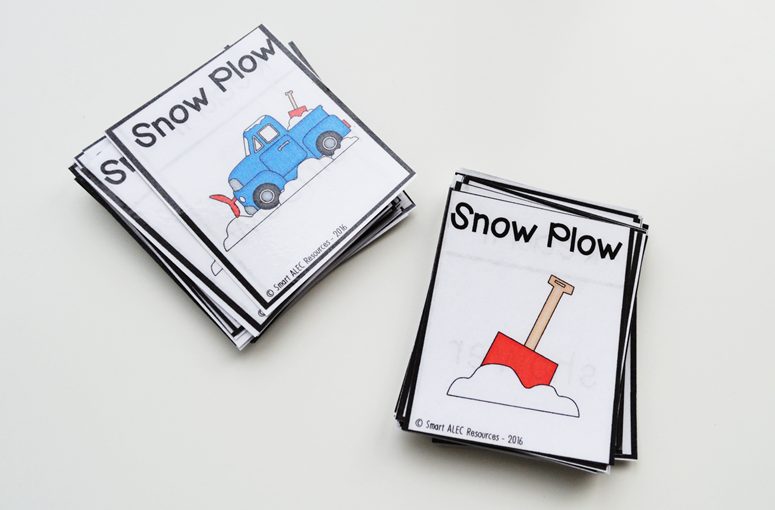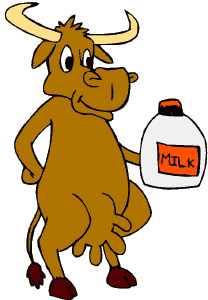The “ow” vowel team.
WE USE THE KEY PHRASE “SNOW PLOW” TO TEACH THIS PHONOGRAM BECAUSE “OW” HAS TWO SOUNDS.
It says /O/ like in the snow, and /ow/ like in plow ([plaʊ]犁). Now, typically students recognize the “ow” (like in plow) sound first, as they have seen “ow” as a word by itself. They are usually surprised by the long O sound (like in snow) even though this is actually the more common of the two.

https://www.spellzone.com/unit07/page18.cfm
This is not the long (o) sound heard in snow, although it is spelled exactly the same. This sound has two spelling patterns, (ow) (ou). These vowel combinations (ow, ou) are diphthongs when they have the variant vowel sound as heard in cow and house.这不是snow中听到的长(o)音,虽然拼法完全一样。这个音有两种拼法,(ow)(ou)。这些元音组合(ow、ou)当它们具有cow和house中听到的变音元音时,就是双元音。


Read the words listed in the columns below.
| brown | down | owl |
| clown | flower | shower |
| cow | frown | towel |
| crowd | how | town |
| crown | now | vowel |
| about | found | ouch |
| cloud | ||
| couch | house | out |
| count | loud | round |
| mouth | shout |
Read these sentences.
- I found a flower by my house.
- I must go to town to buy some flour.
- Can you count the brown cows for me.
- The owl flew around my house.
- Do you want to go outside now?
- How loud can you shout the vowel sounds?
- A stout clown had a sour apple in his mouth.
- The owl found a mouse by my house.
- How far can you count aloud in an hour?
- I see a cow by the trout pond south of here.
- I saw a clown upside down make a frown.